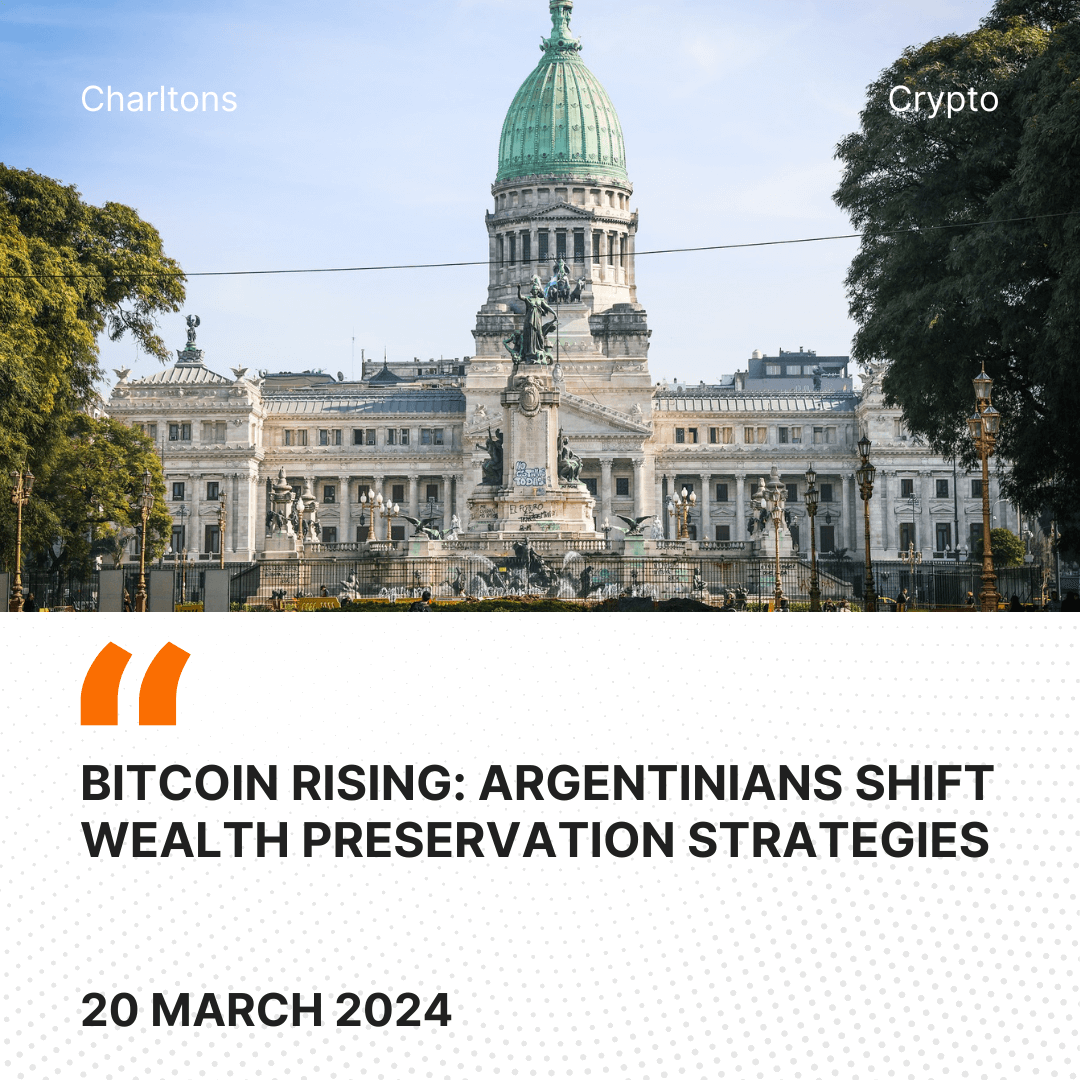
Amidst Argentina’s ongoing economic challenges, a notable transformation is underway as citizens seek to safeguard their wealth against the persistent devaluation of the peso. Increasingly, Argentinians are turning to Bitcoin as a hedge against inflation, signaling a potential departure from the longstanding practice of acquiring US dollars as a means of protection.
President Javier Milei’s economic policies, aimed at stabilizing the money supply, have coincided with a strengthening peso, prompting citizens to explore alternative avenues for wealth preservation. While the traditional strategy of converting pesos to dollars has lost some appeal due to a strengthened parallel exchange rate and a relatively stagnant US dollar, Bitcoin has emerged as an enticing alternative.
Bitcoin’s allure lies not only in its potential for appreciation, evidenced by its significant value surge compared to both the peso and the dollar, but also in its capacity for diversification. Argentinians are increasingly drawn to Bitcoin’s growth potential and its ability to serve as a hedge against fiat currency volatility.
Interestingly, the rise of Bitcoin in Argentina has coincided with a decline in the use of stablecoins, which are typically favored for their price stability. This shift underscores a shift in investment strategies, with a growing emphasis on potential growth rather than mere value preservation.
However, alongside the excitement surrounding Bitcoin adoption, challenges persist. Reports of scams and fraudulent activities have surged, highlighting the need for enhanced investor education and robust security measures. Moreover, regulatory uncertainty poses additional hurdles for investors and businesses navigating the cryptocurrency landscape.
Clarifying regulatory frameworks and implementing effective oversight mechanisms will be essential to sustainably harnessing the potential of cryptocurrencies while safeguarding investor interests and financial stability.





